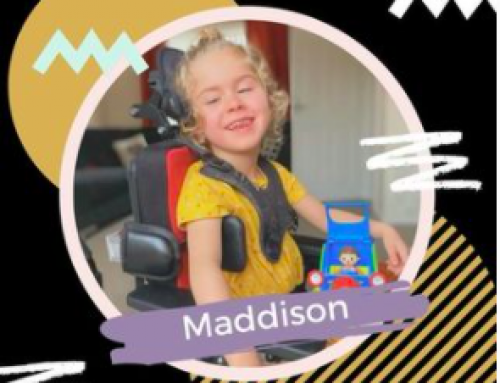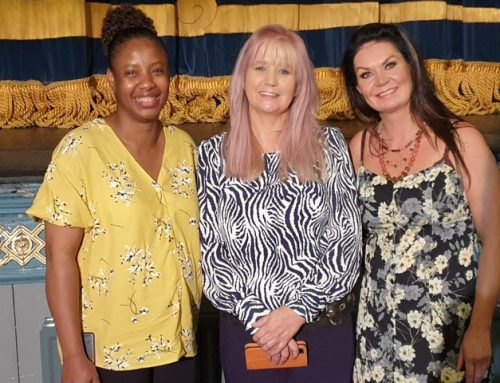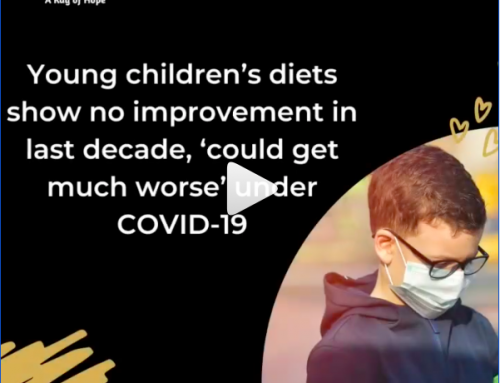Children are the assets of a nation; they are vital to the nation’s present and future because they are vulnerable beings, more at risk of diseases and health complications. When children are shielded from disease, they can grow into healthy adults and contribute to the development of productive and healthy societies. Any nation’s future depends on stable, well-protected, informed, and well-developed children.
In December 1945, officials of Brazil and China proposed the creation of an international health organization that is all-encompassing and absolutely independent from any government powers. Half a year later, in New York, in July 1946, the constitution of the World Health Organization was approved. The said constitution entered into force on April 7, 1948, as 61 countries signed in agreement for the inception of the NGO. As one of the first official acts of World Health Organization(WHO), they created the celebration of World Health Day. It was first observed on July 22, 1949, but the date was later changed to April 7, to encourage student participation.
In 1948, the WHO held the First World Health Assembly. The World Health Day is held to mark it’s founding and is seen as an opportunity by the organization to draw worldwide attention to a subject of major importance to global health each year. Over the past 50 years of existence, this annual celebration has brought to light important health issues such as mental health, maternal and child care, and climate change. The celebration is marked by activities that extend beyond the day itself and serves as an opportunity to focus worldwide attention on these important aspects of global health. This year’s World Health Day has the theme “building a fairer, healthier world for everyone”. For this year, WHO notes that COVID-19 has highlighted that some people are able to live healthier lives and have better access to health services than others – entirely due to the conditions in which they are born, grow, live, work and age.
Before Covid-19, in the UK, 4.2 million children were living in poverty; over 30% of the children in the country (DWP, 2020). This numbers has risen since Covid-19. In Africa prior to Covid-19 more than half the population was living in poverty. In Nigeria, more than 80 million Nigerians were struggling to survive.
As we look back at the past year it is estimated that over 100 million people globally will be living in impoverished conditions by 2022 (Yonzan et al, 2020)
All over the world, some people struggle to make ends meet with little daily income, have poorer housing conditions and education, fewer employment opportunities, experience greater gender inequality and have little or no access to safe environments, clean water, and air, food security, and health services. This leads to unnecessary suffering, avoidable illness, and premature death, states WHO, and it harms our societies and economies. WHO is calling on leaders to ensure that everyone has living and working conditions that are conducive to good health.
On this World Health Day, we not only remember children around the globe who do not have access to basic health care, but we also remember children suffering from Rare diseases like Chronic Granulomatous Disease (CGD), Duchenne muscular dystrophy (DMD), Neuroblastoma, etc, with little or no cure. Global statistics of 93 and 150 million children with disabilities under the age of 14, In Africa, an estimated 6.4% of children in this age range have moderate or severe disabilities.
In UK alone you have 14.1 million disable people in the UK and 8% of children are disabled. These Children rely on well-meaning individuals for aid and some can only hope that solution to their ailments is discovered soon.
Children need a healthy and safe environment in which to grow up. In 2019, over 6.1 million children and adolescents died, mostly from preventable causes. According to UNICEF, an estimated 356 million children live in extreme poverty around the world. What this means is that they lack necessities as basic as nutrition or clean water. This is prevalent among countries suffering humanitarian crises. Too many children have continued to be at a disadvantage simply because there are insufficient facilities in place to ensure that they are safe and have the opportunities they need to reach their full potential. The truth is that there are millions of children in need who are unaware of the bright lights and affluent lifestyles of the rich and famous. Their only concern is getting through each day. A person in poor health is unable to enjoy life to the fullest.
Since the outbreak of Covid-19 in 2019, there has been a stronger emphasis on children’s problems and improving their welfare. Many charitable organizations have joined forces with the government to ensure that these children not only have access to basic health care but also to basic education.
Too many children around the world continue to be at a disadvantage simply because there are insufficient facilities in place to ensure that they are safe and have the opportunities they need to reach their full potential. Simply put, they are too poor to access the health care system. In recent years, there has been a stronger emphasis on children’s problems and improving their welfare. Many charitable organizations have joined forces with the government to ensure that these children not only have access to basic health care, but also to basic education.
At Safe Haven – A Ray of Hope, we hold the issues of children close to heart. Our charity organization exists to help underprivileged children and children living with a disability with funds and health care opportunities. We strive to not only give succor to the less privileged but also build a fairer, healthier world.
Every Child Deserves Good Health
During the peak of the Covid 19 pandemic, Safe Haven- A Ray of Hope offered some psychological help to children. We also helped in the distribution of supplies and offered accommodation to parents and children with desperate needs. Also last year, we embarked on delivered toys, food items, and cash donations to children in hospitals and orphanages across the UK and Africa. We believe every child deserves good health. We are not relenting on our efforts in supporting underprivileged children and children with disabilities.
You can support by donating to Safe Haven- A Ray of Hope. Also, follow us on our social media platforms






